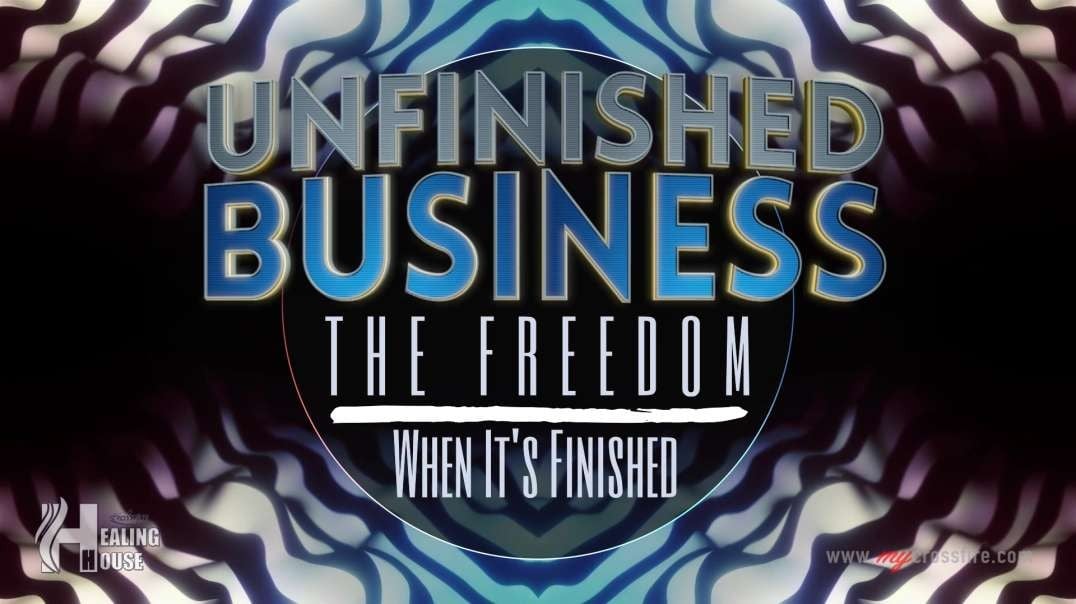Asperger's or Autism? 8 Amazing differences you need to know / Asperger's syndrome
While you're thinking of it, please share this video on Facebook :-)
Be sure to smash the THUMBS UP button!!
Subscribe and CLICK THE BELL to receive upload reminders
More on Asperger's Syndrome:
https://www.youtube.com/watch?v=YL8Uw3anjLo&list=PLyMzTz301QVx4DyktIi5OBPlP8c03LfF-
More on Narcissism:
https://www.youtube.com/watch?v=CadnytkqDKk&list=PLyMzTz301QVxr0yvW47ev6l8m1jPKagbO
SHOW NOTES...
https://kennaspergerslife.blogspot.com/2021/12/austism-v-aspergers-syndrome-8-amazing.html
Asperger's Syndrome is considered a type of autism. In the USA, Asperger's is now referred to as "high functioning" autism.
What are the differences?
1. Connection
Autistics, for example, may not possess a world view, a defined religious outlook, or rigid political loyalties.
Aspies are more connected and aware of their world and environment. They typically have world views similar to neurotypical people. They have religious opinions and may be very vocal in social and political realms.
2. Intelligence
Aspies tend to be a bit brighter. That is, they tend to have higher intellects. Elon Musk, for example, is said to have Asperger's Syndrome.
3. Age of "onset"
Autistics are usually diagnosed by age four.
Aspies often are undiagnosed as children or misunderstood as merely shy, quiet, gifted, etc.
Asperger's Syndrome is frequently diagnosed in the teenage and adult years when the symptoms become overwhelmingly problematic. (I was diagnosed at age 66.)
4. Cognitive Functioning
Autistics may have difficulty responding to others. This may include low executive function which, in turn, includes low impulse control.
Aspies are generally in control of their executive functions, though expressing themselves seems to be suppressed. There are exceptions. Then, again, emotional meltdowns are often part of Aspie's experiences.
5. Vocabulary
Autistics find it challenging to retain a vocabulary.
Aspergerians tend to have an extended vocabulary.
6. Verbal communication
Autistics tend to find communication with others extremely difficult if not impossible.
Aspergerians find it easy to talk, but difficult to socialize. Word stumbling seems to be an expression of neurological confusion. Consequently, Aspies find small talk cumbersome. We often come across as sounding quite foolish.
7. Skills and abilities
Autistics are often dependent on others to accomplish daily tasks.
Aspergerians usually have no problem taking care of themselves, personally. Hair grooming can be challenging and the Aspie's wardrobe is usually simple with emphasis on comfort.
8. Speech delay
Autistics may be late in learning to speak.
Aspergians develop normally but tend to develop a larger vocabulary than their peers.
![her opinion correctly) that Royer is the cause of Tim Lilley's [sad outcome]](https://video.ugetube.com/upload/photos/2024/04/icCbYwlZrzqrihZLyEwq_26_d103cba5f1f692b989253f49de7a5009_image.png)



















